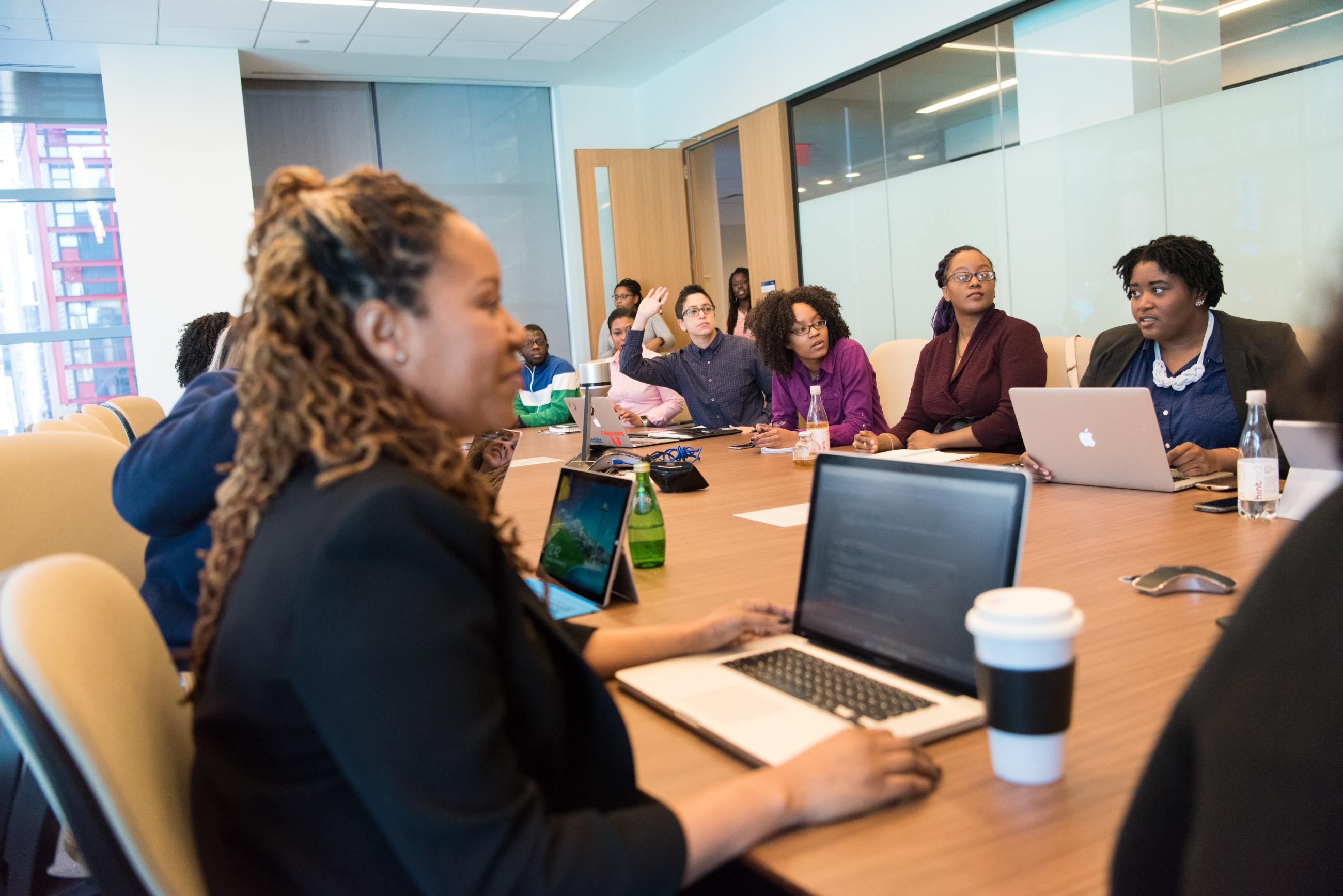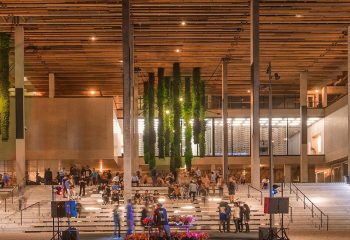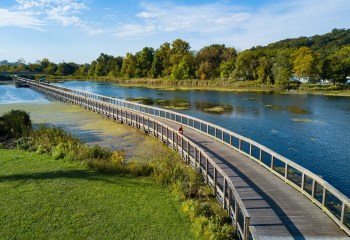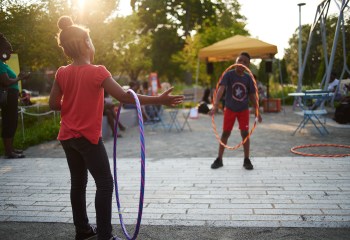MACON – (August 25, 2020) – A new landmark study finds access to quality job opportunities and safe places fosters greater connections to communities for residents, but in Macon more needs to be done to help residents access them.
Commissioned by the Knight Foundation and conducted by the Urban Institute, “Community Ties: Understanding what attaches people to the place where they live,” revealed that access to jobs was among the most important feature of city life, and that access to safe places to live, work and play increase residents’ feelings of attachment to their communities. But in Macon, the data showed that many residents do not feel they have access to these potential drivers of economic development.
Some of the key findings include:
- In Macon, the study shows that 79% of residents say quality job opportunities are very important to them, and 52% feel they are easy to access.
- When it comes to safe places to live, work and play, 92% of Macon residents say they are very important to them — much higher than the national average of 86% — but only 55% report easy access. This is far below the national average of 77%.
“The Macon data shows us there is work to be done to create more job opportunities and safe public spaces in the community, which is more important than ever because of the pandemic,” said Lynn Murphey, director of Knight Foundation’s Macon program. “We have seen significant progress made, especially in Macon’s urban core. And Knight is committed to working collaboratively with our city and neighborhood leaders to keep the momentum going.”
Findings from the Community Ties study echo what Macon residents expressed as their top priorities during the Knight-supported On the Table initiative, which brought residents together for the past two years to discuss community issues over a shared meal.
Conducted prior to the coronavirus shutdowns, Community Ties leverages a survey of over 11,000 Americans residing in metro areas across the country — including Macon — to create one of the richest datasets on what drives attachment to place.
- Those with access to quality of life amenities such as arts, recreational areas and safe places to live, work and play reported a deeper attachment to their community, compared with those who had access to jobs, affordable housing, schools, health care or other desirable features.
- The Macon data reveals how attached local residents are to the city and where gaps in access exist across urban amenities. It offers points of consideration for such leaders such as — boosting time in center city, focusing on quality of life, paying attention to issues of equity — to strengthen residents’ ties to their communities.
As cities plan for a post-COVID-19 world and reckon with racial justice, the report provides knowledge for public officials and other community leaders to help make cities more resilient, urban public spaces more equitable, and think anew about how to build places where people want to live, work, play and stay.
To see how your city compares in different areas with other Knight communities and the national averages, go to our interactive website.
For interviews, please contact Alexa Lamanna at [email protected] or (202) 320-2766.
###
About the John S. and James L. Knight Foundation
Knight Foundation is a national foundation with strong local roots. We invest in journalism, in the arts, and in the success of cities where brothers John S. and James L. Knight once published newspapers. Our goal is to foster informed and engaged communities, which we believe are essential for a healthy democracy. For more, visit kf.org.
About Urban Institute
The nonprofit Urban Institute is a leading research organization dedicated to developing evidence-based insights that improve people’s lives and strengthen communities. For 50 years, Urban has been the trusted source for rigorous analysis of complex social and economic issues; strategic advice to policymakers, philanthropists and practitioners; and new, promising ideas that expand opportunities for all. Our work inspires effective decisions that advance fairness and enhance the well-being of people and places.
Image (top) by @Wocintechchat on Unsplash.









